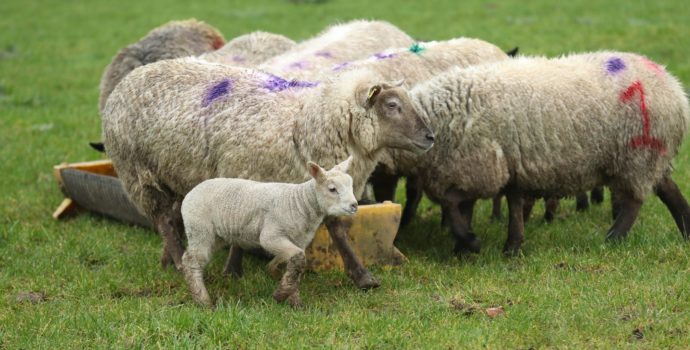European Farm Leaders Meet in Dublin at Critical Time in Cap Reform Negotiations

Farming and agri co-op delegates from 27 EU Member States are attending the COPA-COGECA meeting in Dublin today (Thurs), which has been organised to coincide with the Irish Presidency of the EU. IFA President John Bryan said the meeting takes place at a critical time in the CAP Reform negotiations.
This afternoon, John Bryan will hold a bi-lateral with farm organisations from a number of Member States, all of whom are very concerned about the flattening and greening proposals from the EU Commission on the Single Farm Payment.
The IFA President held a meeting with the Minister this week, where he again set out IFA’s opposition to the flattening and regionalisation proposals. “Minister Coveney is fully aware of what Irish farmers expect him to deliver on CAP. Any outcome which causes major disruption to production at farm level cannot be allowed to happen.”
The meeting with the Minister was in advance of a critical Agricultural Council of Ministers next Monday, where issues on CAP reform will be decided. Mr Bryan also made it clear to the Minister that Rural Development payments must be prioritised for active farmers in vulnerable sectors and regions.
John Bryan said, “The purpose of the Single Farm Payment is to support high quality food production. Movement to a flat rate payment per hectare, regardless of enterprise or activity, will undermine production and remove any possibility of reaching the <i>Food Harvest 2020</i> growth targets.
The Commission’s proposal for flattening and regionalisation of the Single Farm Payment is simplistic, wrong, and totally unacceptable. A flat payment will cause major disruption and loss of income and viability at farm level, damaging our most productive farmers. Ireland requires a flexible payment model that limits the loss over the longest time frame for active productive farmers. Objective criteria, such as labour units and minimum stocking rates must also be used to ensure that redistributed monies are targeted at active farmers”.
He said, “The Minister must ensure that the distinct roles of Pillar I and Pillar II are maintained, and targeted correctly, in order to maximise the output generated from the CAP funding available. This means the maintenance of farming across all parts of Ireland, support for farmers for food production and the provision of public goods, such as land management, environmental goods and biodiversity”.




